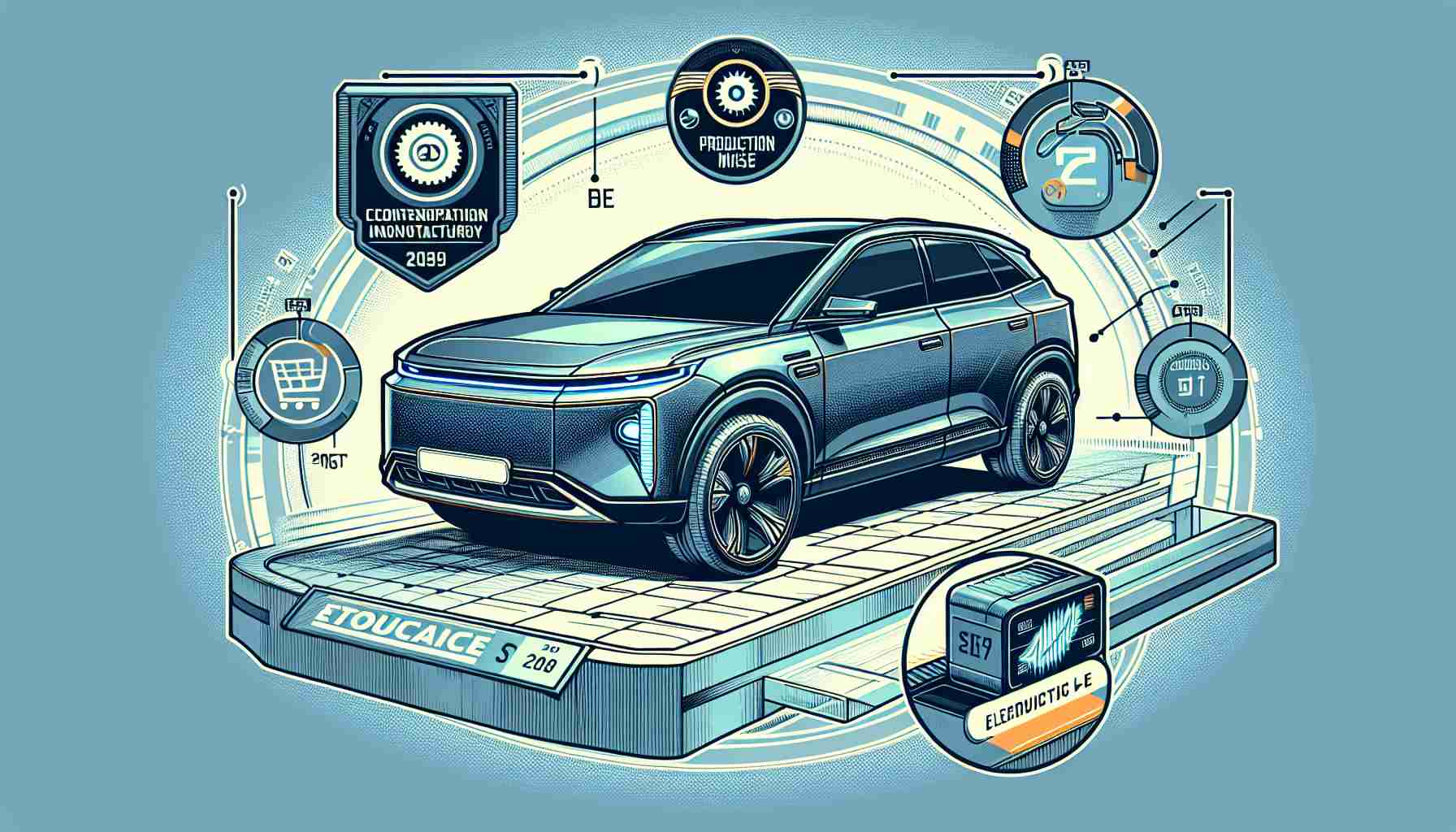Xiaomi’s inaugural leap into the electric car market has yielded impressive results with the company announcing a significant production achievement of over 10,000 units for its first all-electric model, the SU7. The Xiaomi SU7, unveiled at the tail end of 2023, has not only hit production milestones but has also commenced deliveries, with a notable number of 5,781 vehicles already in the hands of customers by late April 2024.
The technological features of the SU7 are a major talking point among owners, specifically the autonomous driving option known as ‘Xiaomi Pilot’. The company’s CEO revealed that a large majority of SU7 drivers are making use of this automated driving system. Additionally, Xiaomi is observing an encouraging trend among their clientele, with a considerable percentage being female customers. The company is optimistic that this demographic will grow to represent nearly half of the SU7’s customer base in the future.
Performance metrics of the SU7 are highlighted by Xiaomi’s proprietary electric motor technology, the ‘Super Motor’. The base model of the SU7 impressively churns out 295 horsepower and reaches 100 kmph in just over 5 seconds. The more robust SU7 Max features an advanced motor setup that boasts an output that can challenge any speed enthusiast’s expectations, hitting 100 kmph in under 3 seconds.
The SU7 isn’t just about raw power; it also comes equipped with considerable battery capacity, offering a substantial range that rivals other competitors in the EV market. The base model supports a range of up to 668 kilometres, while the SU7 Max extends the possibility of longer trips up to 800 kilometres on a single charge. Furthermore, the battery technology employed allows for incredibly fast recharging times, adding hundreds of kilometres of range in mere minutes.
The electric vehicle (EV) industry has been growing significantly, and Xiaomi’s entry into this space with the production of the SU7 reflects the expanding interest in EVs among technology firms traditionally known for other types of consumer electronics.
Most important questions and key challenges:
– How will Xiaomi’s entry into the electric vehicle market affect the competition?
– What are the challenges Xiaomi may face in scaling production to meet demand?
– Can Xiaomi compete with established EV manufacturers on quality and brand recognition with the SU7?
– Are there any controversies or concerns regarding the raw materials sourcing or manufacturing practices used in Xiaomi’s EV production?
Answers:
– By entering the EV market, Xiaomi increases competition, potentially leading to more innovation and possibly lower prices for consumers.
– Challenges in scaling production include securing enough batteries and chips amidst global shortages, adapting to automotive supply chain complexities, and maintaining quality standards.
– Xiaomi has the advantage of a strong brand in the electronics market, but transitioning to EVs involves new challenges in establishing credibility in automotive safety and performance.
Advantages of Xiaomi’s SU7 include:
– Advanced proprietary technology such as the ‘Super Motor’ and ‘Xiaomi Pilot’.
– Competitive performance and battery range that are on par with or exceed rivals.
– Fast charging capabilities which mitigate the inconvenience of long charging times for customers.
Disadvantages might encompass:
– New market risks such as reliability issues that could arise from being a new entrant.
– Potential skepticism from consumers used to buying vehicles from traditional automakers.
– Unknown long-term support and service capabilities compared to established car manufacturers.
Related and reputable links for further reading:
– Xiaomi (For corporate and product information)
– Tesla (For comparison with a leading EV manufacturer)
– Electrek (For EV industry news and reviews)
Please note that while I provided these URLs confidently, I cannot browse the internet, so the validity is based on the expectation that these domains remain reputable and maintained by their respective companies or organizations as of my last update in 2023.
